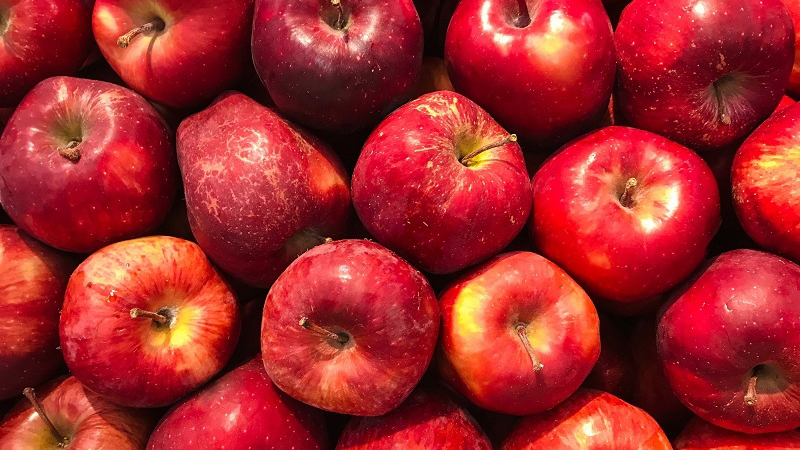Getting More Bang out of Blackberries
Growing blackberries commercially in Florida is a relatively new endeavor. But interest in the crop continues to increase. Those who do produce blackberries in the Sunshine State are looking to increase their yield. UF/IFAS researchers are on the case but know the goal to grow bigger and better fruit is not easily attainable.
Similar to what other alternative crops face in Florida, blackberries can and will grow better with improved tolerance to the subtropical climate of the state.
Zhanao Deng, a Professor of environmental horticulture at the UF/IFAS Gulf Coast Research and Education Center, and his team recently won a $76,000 award from the UF/IFAS Research office to help the burgeoning blackberry sector reach its potential.
The money comes from a program called “Support for Emerging Enterprise Development Integration Teams, or SEEDIT.” Through this program, 19 UF/IFAS teams earned monetary awards to launch or continue work on alternative agricultural enterprises.
“The blackberry has emerged as an important alternative crop for Florida growers,” Deng and his team wrote in their application for the funding. “Many Florida farmers are interested in growing it. Our visits to — and an online survey of — Florida blackberry growers indicated that the most concerning issue is low berry yield.”
According to Deng, there are multiple reasons blackberries in Florida don’t produce as much as they should.
- Growers don’t have the right varieties to plant
- Lack of tools to manage blackberry plants and pests
- The plants differ significantly from other fruits and berries in how they grow, their requirement for chilling hours, and how farmers can manage their stems
Fellow UF/IFAS scientist Shinsuke Agehara has been trying to develop chemical strategies that can artificially induce bud break, so blackberries can be productive even without sufficient chill hours.
Blackberry trials at the University of Arkansas show climate-adapted blackberry cultivars under proper plant and pest management produced as much as 17,000 pounds per acre. UF/IFAS trials from 2019 showed only few cultivars could produce 9,000 to 10,000 pounds per acre.
If the average blackberry yield in Florida is increased to 8,000 pounds per acre, the per-acre value could reach as much as $35,360. Deng notes one grower reported 14,175 pounds per acre.
Blackberries are the fourth largest-selling berry in the U.S., according to USDA stats. But in Florida, blackberries comprise just a small portion of the acreage. Deng and his team are aiming to increase blackberry acreage to 1,000 acres.
If the acreage goes up to 2,000, the value could be $70 million a year, Deng concluded. “These models indicate that blackberry production can be a highly profitable agricultural enterprise in Florida.”









